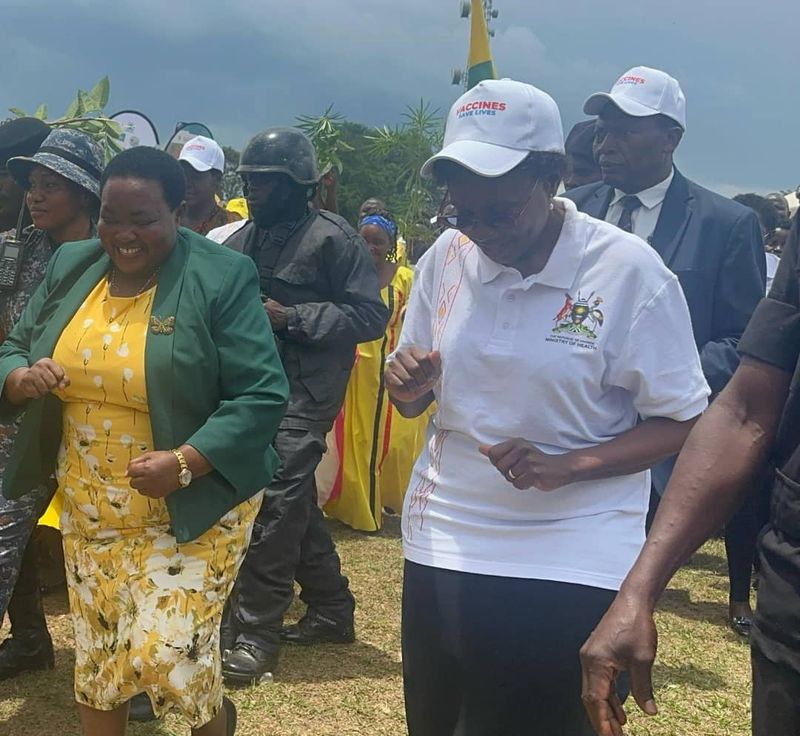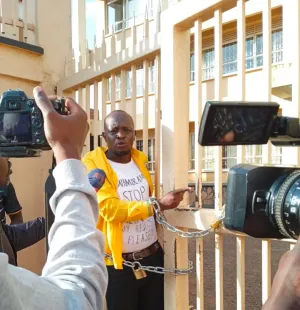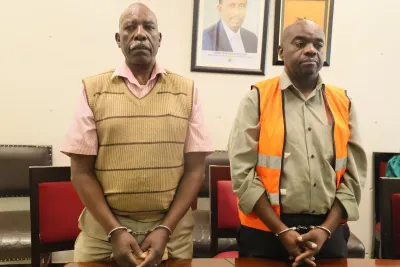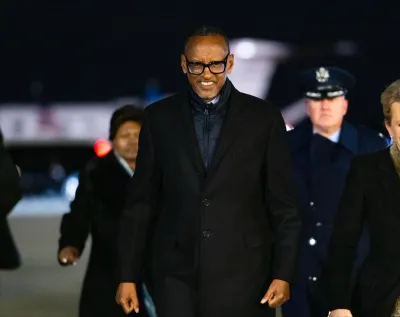
Uganda has taken a historic step in the fight against malaria with the launch of the country’s largest malaria vaccine introduction to date. Spearheaded by the Ministry of Health in partnership with Gavi, the Vaccine Alliance, UNICEF, the World Health Organization (WHO), PATH, and CHAI, the rollout aims to immunize 1.1 million children under two years across 105 high- and moderate-transmission districts.
The R21/Matrix-M malaria vaccine, administered in four doses at 6, 7, 8, and 18 months, is expected to significantly reduce malaria-related illnesses and deaths among Uganda’s most vulnerable children. Malaria remains the leading cause of illness and death among young children in Uganda, responsible for 40% of outpatient visits, 25% of hospital admissions, and 14% of all hospital deaths, according to WHO data from 2022.
While launching the campaign in the Apac District, one of the highest malaria transmission areas globally, the Minister of Health, Dr. Jane Ruth Aceng Ocero, emphasized the impact the vaccine is expected to have on public health.
“The introduction of the malaria vaccine marks a significant milestone in our fight against this deadly disease. It is expected to prevent at least 800 cases of severe malaria among children every day and ease the financial burden on families, saving them approximately UGX 15,000 per case that would have been spent on treatment,” she stated. “I urge all parents and caregivers to ensure their children receive all four doses on schedule for optimal protection.”
Gavi, the Vaccine Alliance, which has played a central role in global malaria vaccination efforts, underscored the need for sustained investment in the program.

“With one of the highest malaria incidence rates globally, Uganda faces a relentless battle against this deadly disease,” said Dr. Sania Nishtar, CEO of Gavi. “The malaria vaccine, proven safe and effective, saves lives and prevents hospitalizations. However, without sustained financial support, these life-saving efforts could falter, leaving millions of children vulnerable.”
UNICEF, responsible for procuring and air-freighting the vaccines, has committed to community sensitization to ensure maximum uptake of the immunization campaign.
“UNICEF is proud to support Uganda’s historic rollout of the malaria vaccine. This vaccine must be combined with existing preventive measures, including insecticide-treated nets and timely treatment, to create a powerful shield against malaria,” said Dr. Robin Nandy, UNICEF Representative to Uganda.
To ensure a seamless rollout, the Ministry of Health has distributed 2.278 million doses of the malaria vaccine across the target districts. Community mobilization campaigns have been intensified, engaging Members of Parliament, cultural leaders, and religious leaders in advocating for vaccination. Additionally, health workers have been trained, and cold chain storage capacity has been strengthened to maintain the integrity of the vaccines.
Malaria remains one of the deadliest diseases in Africa, with Uganda among the top five African countries bearing the highest burden, alongside Nigeria, the Democratic Republic of Congo, Ethiopia, and Mozambique. The WHO estimates that malaria caused 597,000 deaths globally in 2023, with 432,000 of these being child fatalities in Africa.
Dr. Kasonde Mwinga, WHO Representative to Uganda, highlighted the significance of integrating the malaria vaccine into routine immunization programs.
“Today marks a historic turning point in Uganda’s fight against malaria. By integrating the malaria vaccine into routine immunization, Uganda is taking a bold step to protect its children, save lives, and secure a healthier future,” he said. “This vaccine is a game-changer, and together, we must ensure that every child receives it.”
With Uganda becoming the 19th African country to introduce the malaria vaccine, and six to eight more countries expected to join the initiative in 2025, the global fight against malaria is gaining momentum. However, experts stress that continued financial support will be crucial to sustaining and expanding the program, ensuring that millions of vulnerable children continue to receive life-saving protection against malaria.














Sunrise Reporter
Leave a Comment
Your email address will not be published.